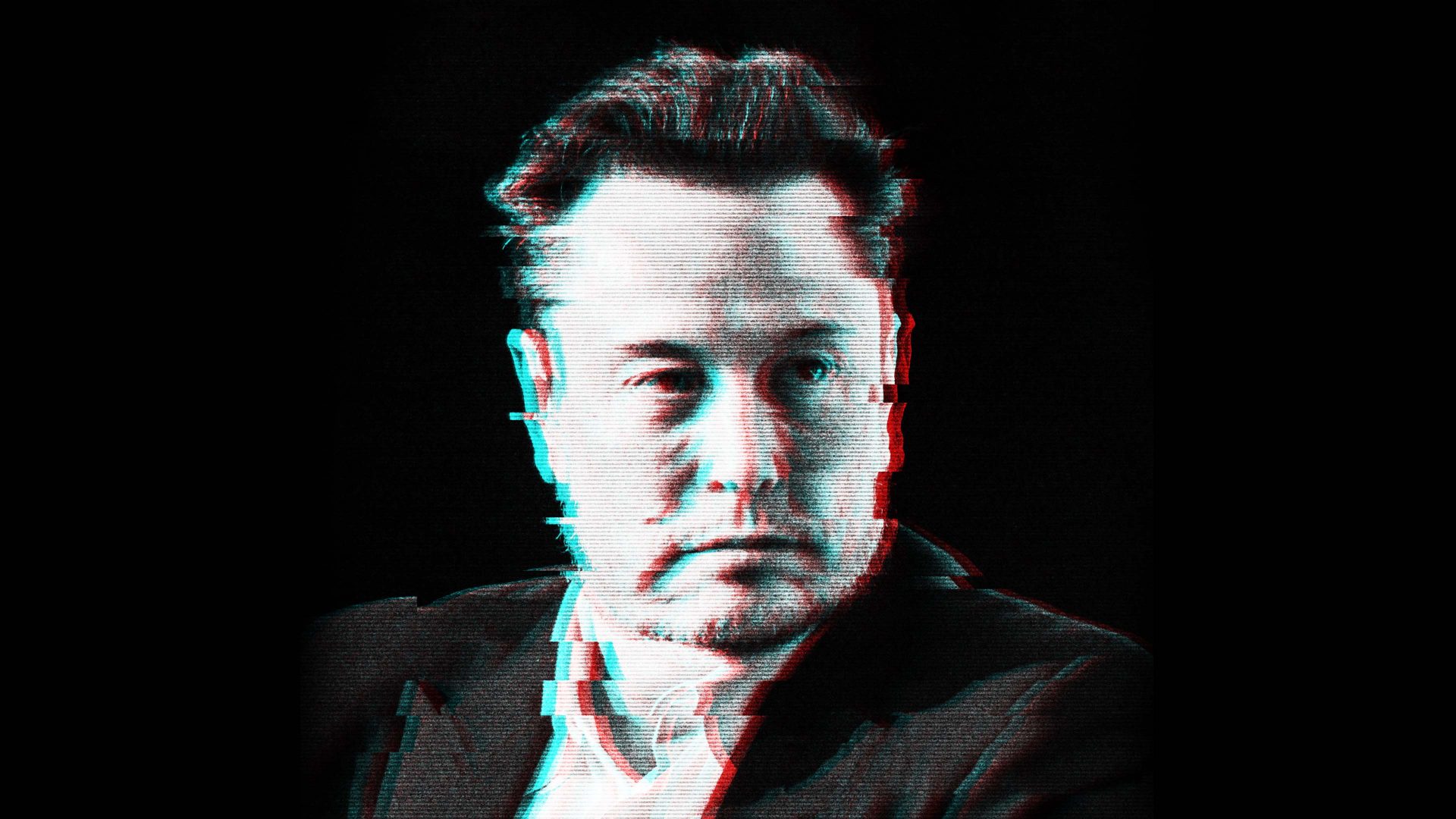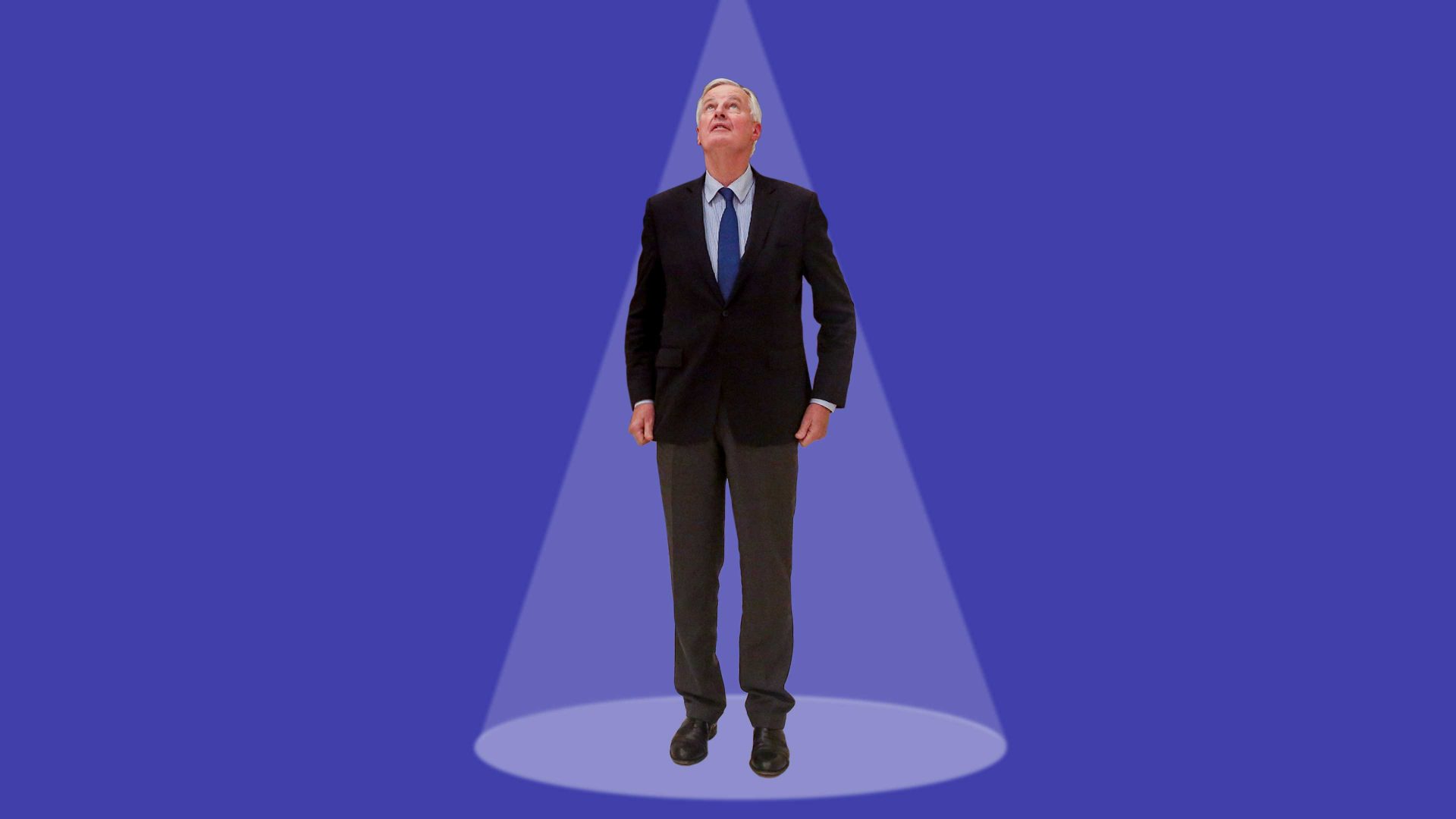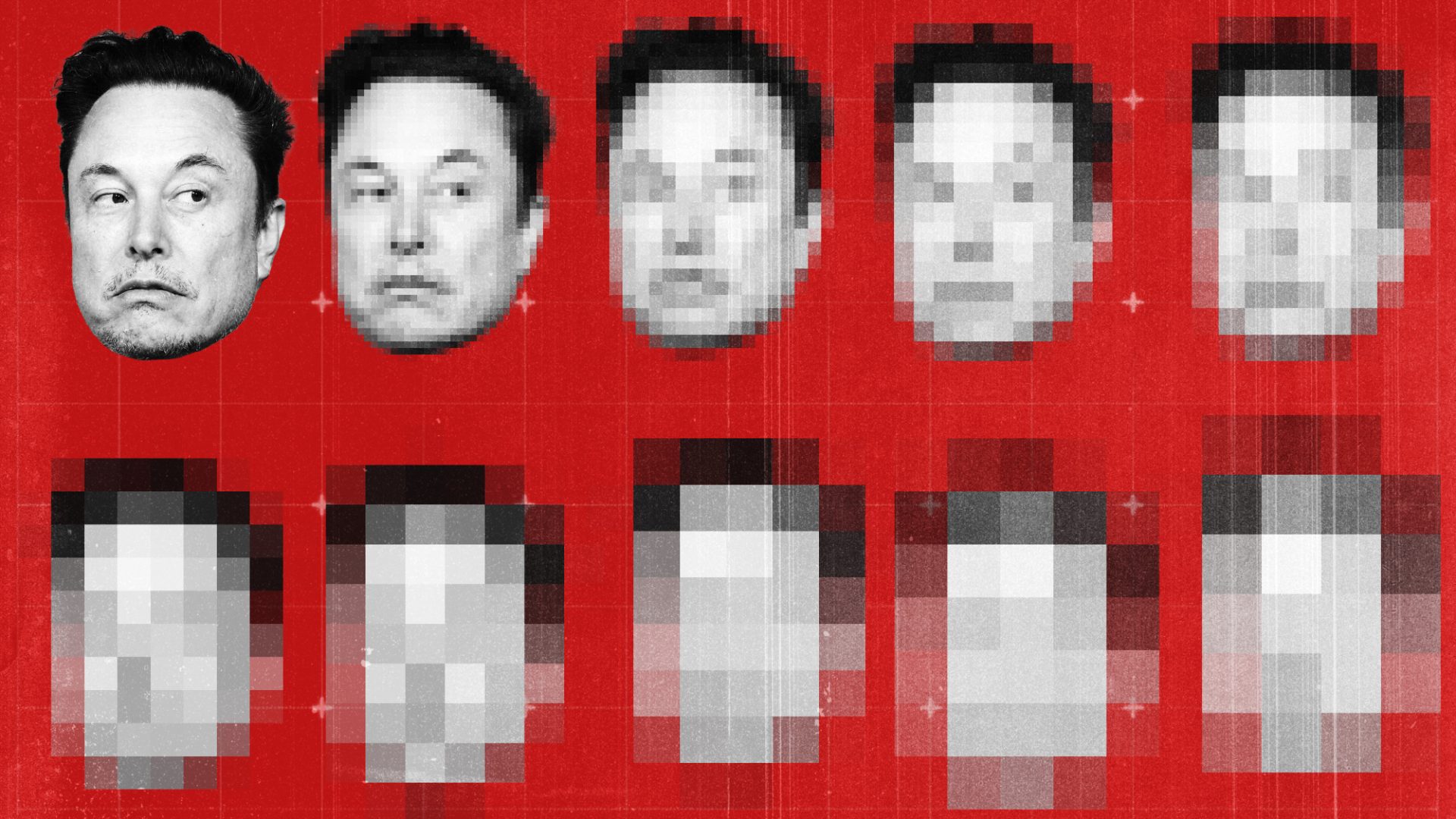Here are three stories from a week in the life of Elon Musk. First, last Thursday, Donald Trump announced at the Economic Club of New York that, if re-elected president, he will “create a government efficiency commission tasked with conducting a complete financial and performance audit of the entire federal government and making recommendations for drastic reforms” – and that it would be headed by Musk.
“I look forward to serving America if the opportunity arises,” the tech tycoon posted on his social media platform X, formerly Twitter. “No pay, no title, no recognition is needed”. When you are, on paper at least, the world’s richest person, such magnanimity doubtless comes easy.
Second, on Tuesday, September 3, Musk reposted to his 196.8 million followers on X a disgraceful Tucker Carlson interview with the Holocaust revisionist Darryl Cooper, describing it as “Very interesting. Worth watching”.
In his conversation with Carlson, Cooper falsely claimed that the Nazis had not intended to kill millions in the concentration camps, but that, due to bad planning, they “ended up dead”. The phoney historian also described Winston Churchill as the “chief villain” of the second world war and appeared to characterise the Holocaust as “humane”.
Though Musk eventually deleted his repost, his initial promotion of Carlson’s interview helped to send Cooper’s own podcast to the top of the charts – putting rocket-boosters under antisemitic garbage and bigotry posturing as history.
Third, also on Tuesday, Musk’s satellite-based internet service provider, Starlink, backed down and agreed to block access to X in Brazil, as ordered by the Brazilian supreme court justice Alexandre de Moraes. The judge had already frozen Starlink’s assets in the hope that Musk would pay fines in excess of $3m owed by X, and ruled that the social media platform be suspended, after a ferocious dispute over accounts that were allegedly spreading disinformation. Musk has sworn to continue his fight against “Brazil’s Voldemort”.
This, remember, was just a regular week in the life of Musk: a ban in one huge democracy, the promise of colossal power in another, and an ugly row over a Nazi apologist. His goofiness and giggling have long been his means of deflecting serious scrutiny: the absurd superhero costumes and fixation with video games; his teenaged obsession with Douglas Adams’s The Hitchhiker’s Guide to the Galaxy and the number 42 (the “Answer to the Ultimate Question of Life, the Universe, and Everything”); his “aw, shucks” hosting in 2021 of Saturday Night Live (“Did you also think I was gonna be a chill, normal dude?”)
But it is of the highest importance to look past all this performative nonsense. As Kevin Spacey’s Verbal Kint says in The Usual Suspects: “The greatest trick the devil ever pulled was convincing the world he didn’t exist”. We should not be distracted by Musk’s personal eccentricity from taking the measure of the profound menace that he now represents.
For years, his online trolling was widely considered no more than an irritant, a price worth paying for his dedication to climate-friendly electric vehicles as Tesla’s CEO and largest shareholder, and his visionary commitment to multiplanetary human habitation as founder of SpaceX.
But, since Musk’s acquisition of Twitter in 2022, which he promptly re-named X, it has become clear that this was a complacent approach and that, in far too many spheres, he has become far too powerful. Though he ridiculously claims to be “a moderate”, committed only to discovering the truth about the universe, he has now become a routine promoter of bigotry and a digital antagonist who trolls entire nations.
In an interview for The Daily Wire with Jordan Peterson in July, he declared that he had “vowed to destroy the woke mind virus” after his daughter, Vivian Jenna Wilson (who cut ties with him in 2022) proceeded with her transition. Again, however, this misrepresents as personal a general campaign of reckless incitement, hatred and impulsive provocation that is global in its reach and the damage that it causes.
In November, for instance, he reposted an antisemitic tweet that claimed Jews “have been pushing the exact kind of dialectical hatred against whites that they claim to want people to stop using against them” – adding the comment: “You have said the actual truth”.
As major advertisers boycotted X, he apologised for the post. But – typically – he went on to tell the same advertisers to “go fuck yourself”.
In October, he responded to a tweet lamenting the melting down of a statue of Confederate general Robert E Lee: “They absolutely want your extinction”.
More recently, at a moment of terrible social tension in the UK, he posted a series of inflammatory tweets concerning the far right riots. In response to a claim that “open borders and migration” had led to the disorder, Musk declared that “civil war is inevitable” – an assertion that, in context, looked like an incitement to violence.
On August 7, he retweeted a fake headline, posted by Britain First leader Ashlea Simon, claiming that Keir Starmer was “considering building ‘emergency detainment camps’ on the Falkland Islands” to house the rioters. As a result, this outright lie was viewed by nearly one million people in a mere 15 minutes.
As the prime minister acted with commendable speed to restore order, Musk continued his outrageously irresponsible campaign. “Is this Britain or the Soviet Union?” he asked, calling Starmer “two-tier Keir” – a reference to the risible slur that policing methods in this country are tougher when criminals are white.
Yet Musk is much more than a dangerous digital demagogue. His control over access to the internet, over the future of electric vehicles and over satellites and rocketry has made many governments much too dependent on him.
This is especially so in the US, where Nasa, the Pentagon, the Department of Transportation and the national security apparatus all rely heavily on his software, hardware and intellectual property. SpaceX’s Falcon 9 rockets already launch American military payloads into space. The company’s Starshield business unit is presently building a network of hundreds of spy satellites for US intelligence, under a classified $1.8bn contract signed in 2021.
Should Donald Trump win the US presidential election in November, Musk’s power as both supplier to and grand vizier of the federal government will be almost unimaginable. Meanwhile, it is monstrous that, according to the tycoon’s whim, the warzones of Ukraine and Gaza receive internet access via his Starlink satellite constellation.
The content of Musk’s political opinions, however poisonous, are less alarming than the sheer power he has aggregated and the extent of his impunity. It is embarrassing to watch world leaders kiss the Dungeons and Dragons ring: remember, if you can bear it, Rishi Sunak deferring to Musk so pathetically when he interviewed him at Lancaster House in November.
Listen, too, to Trump in conversation with the tech tycoon last month on X. Rarely will you hear the orange man be so civil and genial, or so grateful as he basks in Musk’s endorsement: “This is to people out there who are in the moderate camp – to say, I think you should support Donald Trump for president and I think it’s actually a very important juncture in the road and we’re in deep trouble if it goes the other way”. #ModeratesforTrump… it doesn’t quite work, does it?
It is a paradox that the internet – the greatest democratising force in the history of human knowledge – has also led to the unconscionable concentration of power in a few, unaccountable individuals. It is also bitterly ironic that the age of Enlightenment and science, which owed so much to the desire in the western world to move beyond absolutist kingship, has empowered a tiny clique of unbelievably wealthy men to do more or less what they want, where they want.
There are counter-measures available. When Brazil’s president, Luiz Inácio Lula da Silva, said last week that the world “isn’t obliged to put up with Musk’s far right free-for-all just because he is rich”, he broke a crust of deference that has endured for far too long.
If a US president was willing to use the antitrust legislation available to him or her with the same vigour as Theodore Roosevelt, Musk and his fellow tech oligarchs would face a serious challenge to their various monopolies and near-monopolies. And why should the algorithms that dominate our lives today in the data and attention economy be so heavily protected by the rules of commercial confidentiality? When he bought Twitter, Musk promised a new era of transparency. Needless to say, he has not delivered.
The fundamental problem is that politicians are not only fearful, but also far behind the curve of innovation. The UK’s Online Safety Act, overseen by Ofcom, is, at best, 20 years out of date. The European Union’s Digital Services Act is slightly better, but still relatively toothless. Until individual tech tycoons genuinely fear personal liability for the content they promote and the actions they take, rather than corporate fines that are no more than rounding errors in their accounts, the direction of travel will continue away from meaningful democracy and towards planetary oligarchy.
The greatest modern philosopher of the public sphere, Jürgen Habermas, has defined it as “made up of private people gathered together as a public and articulating the needs of society with the state” and “a platform where unequal power relations can be challenged and transformed”. As he persists in his warp-speed quest for unaccountable power, Musk represents a clear and present danger to that precious and hard-won notion of social organisation – the wall-eyed personification of a new, stateless authoritarianism.
In his interview with Peterson, he did let the mask slip for a moment: “I wouldn’t say ‘trust me entirely’”. For once, we should take Musk at his word.




